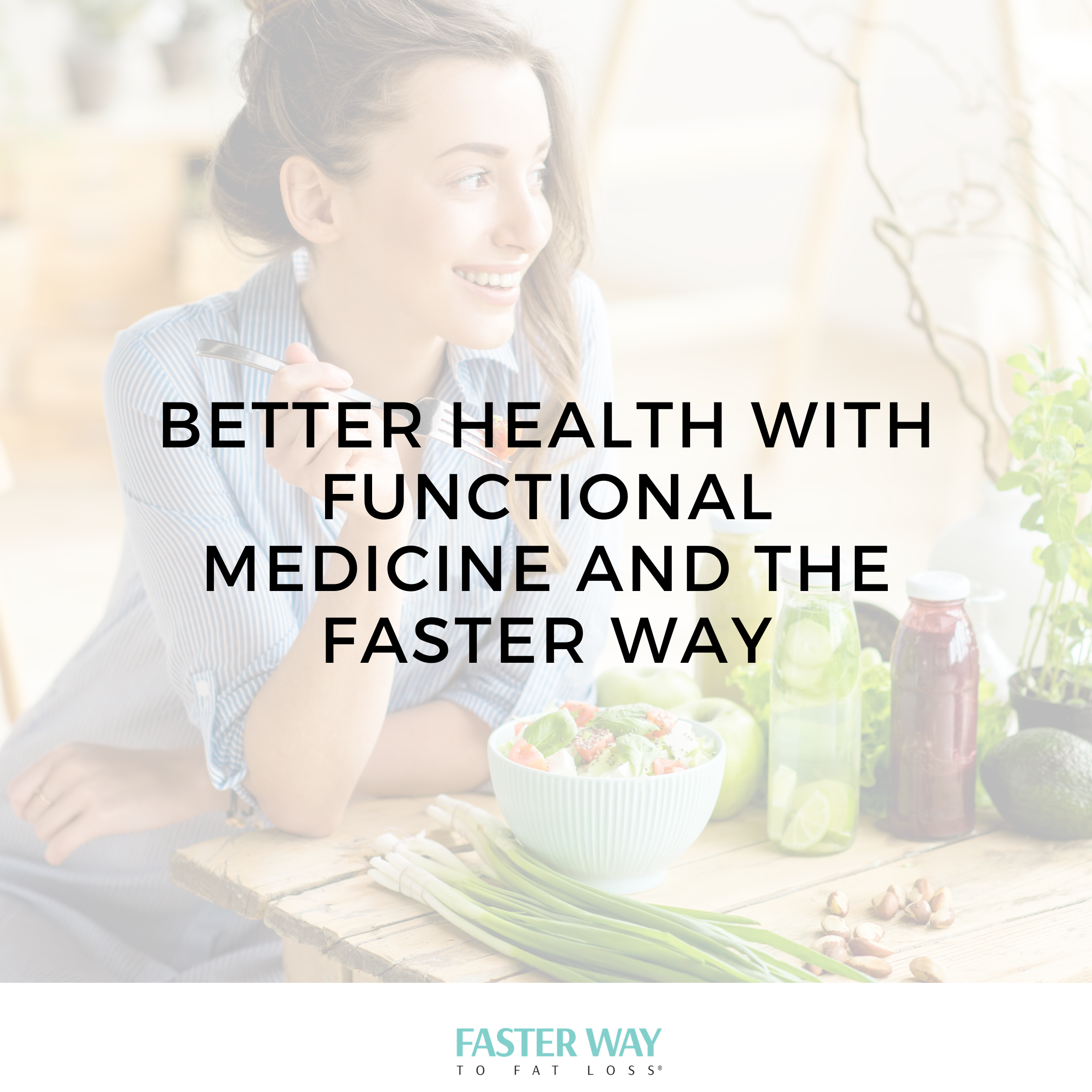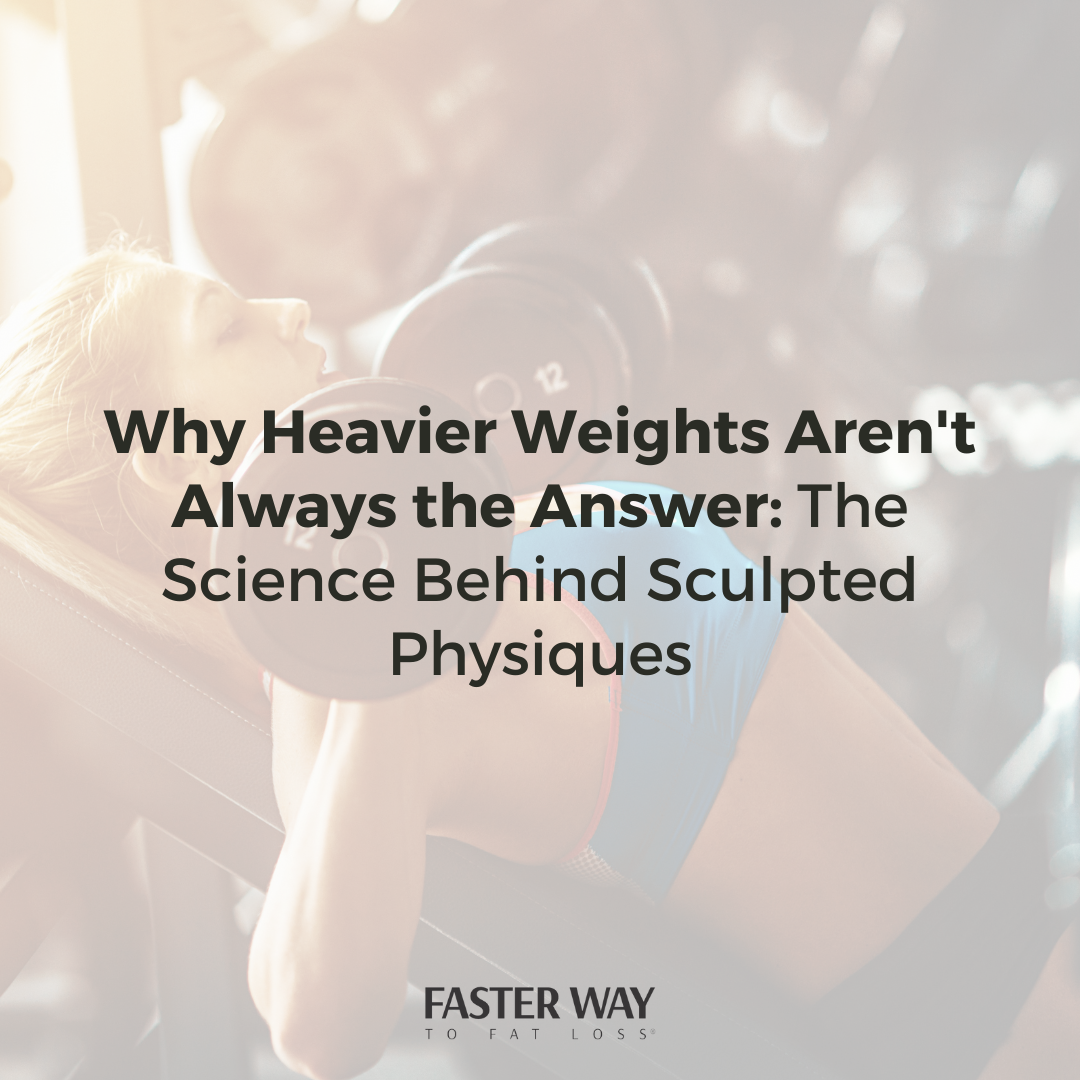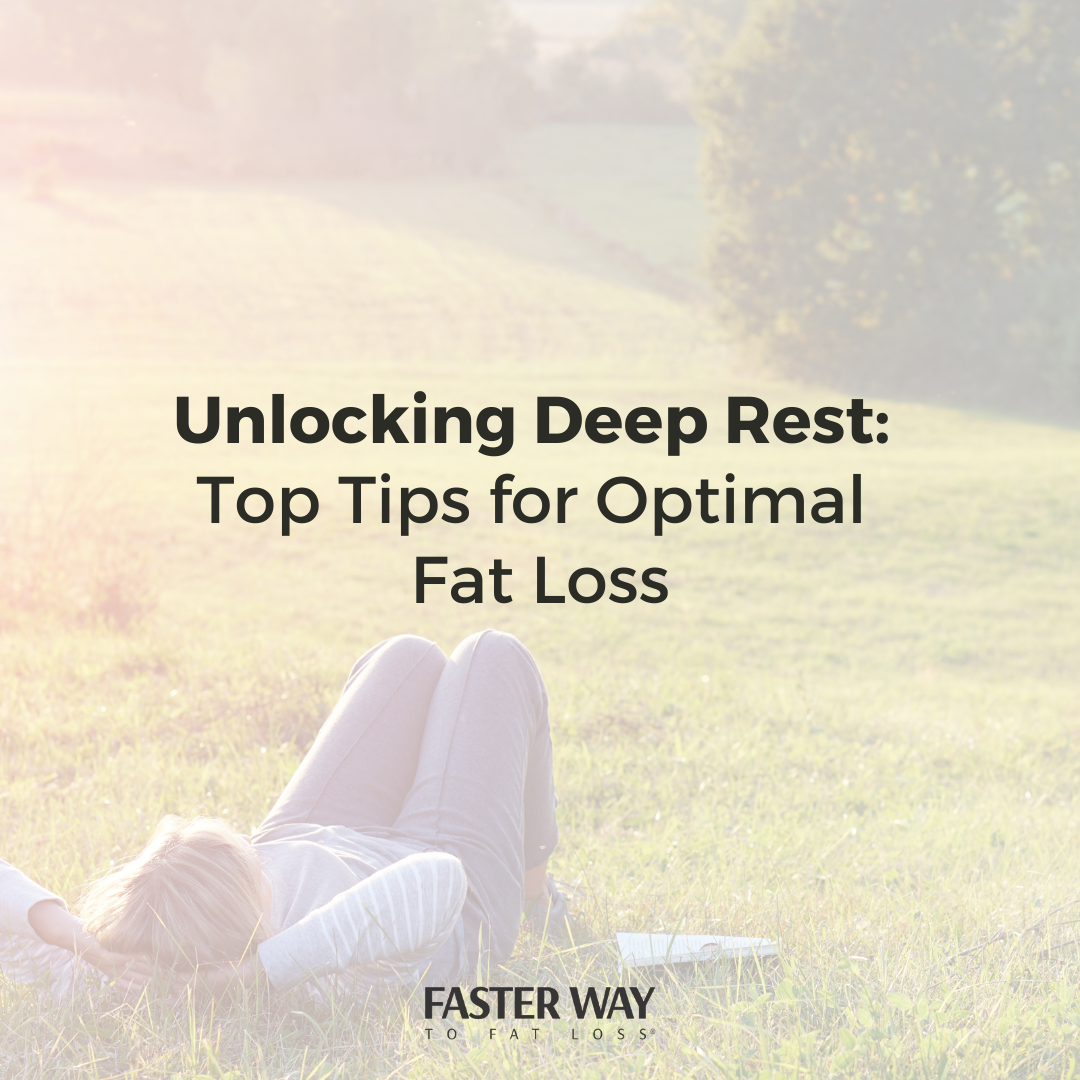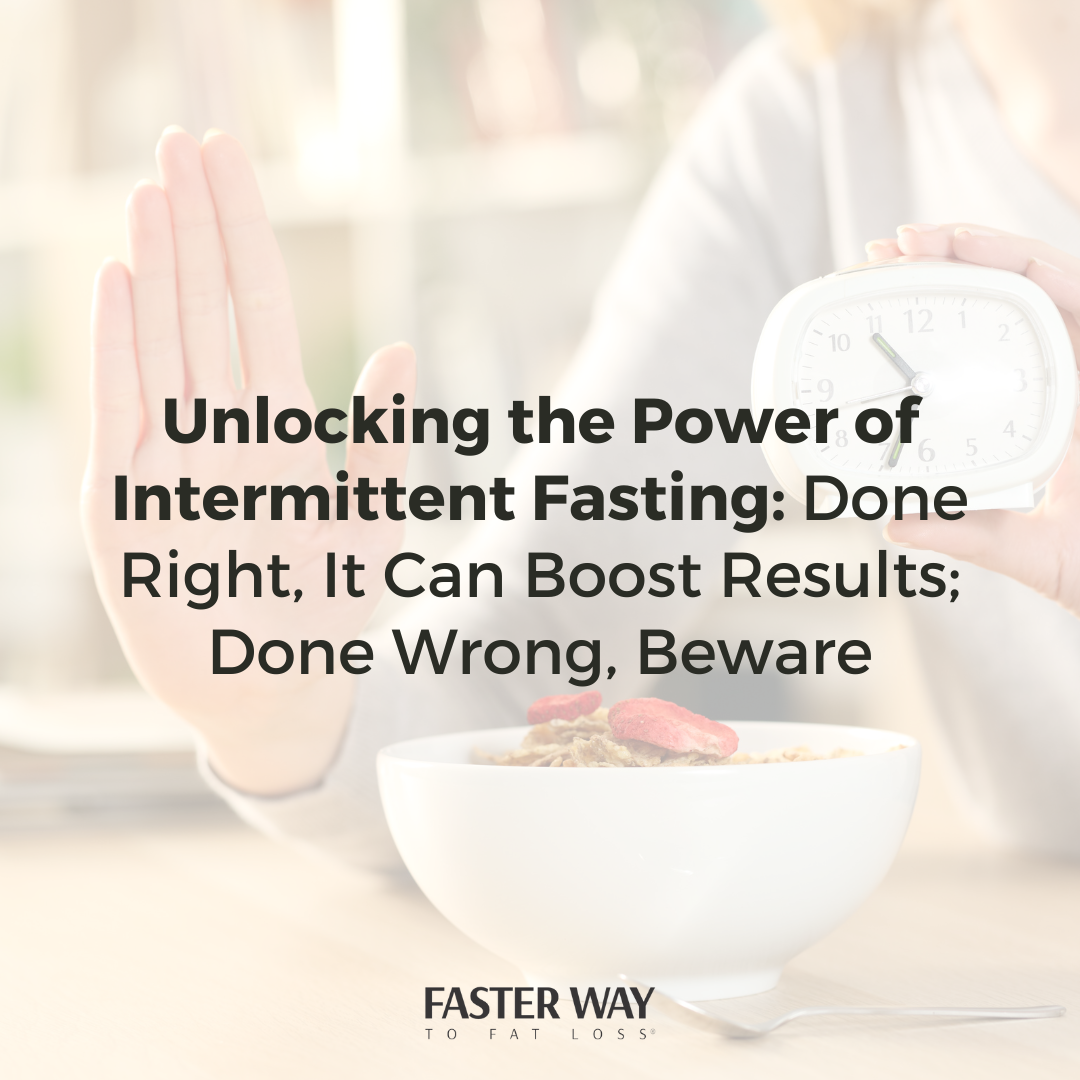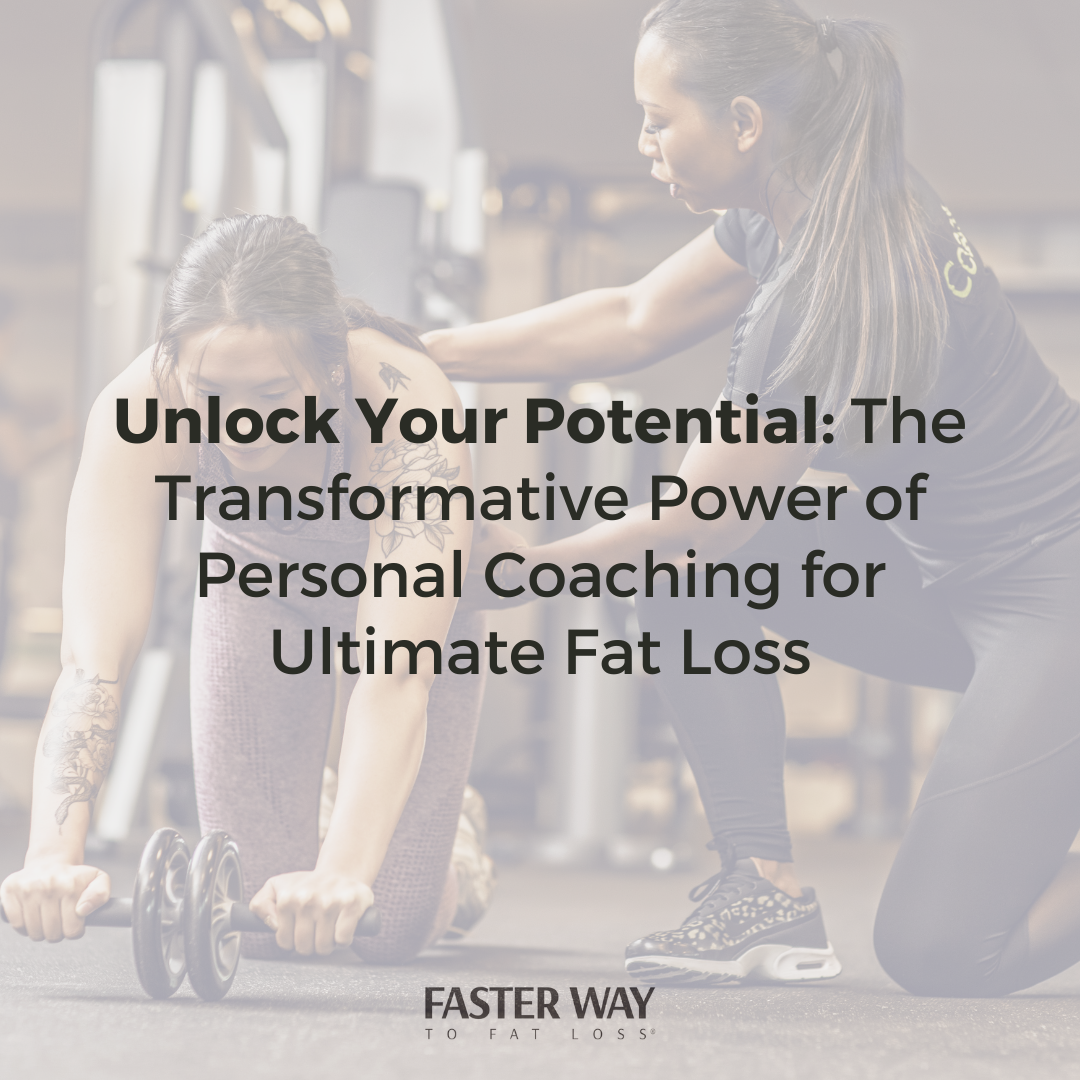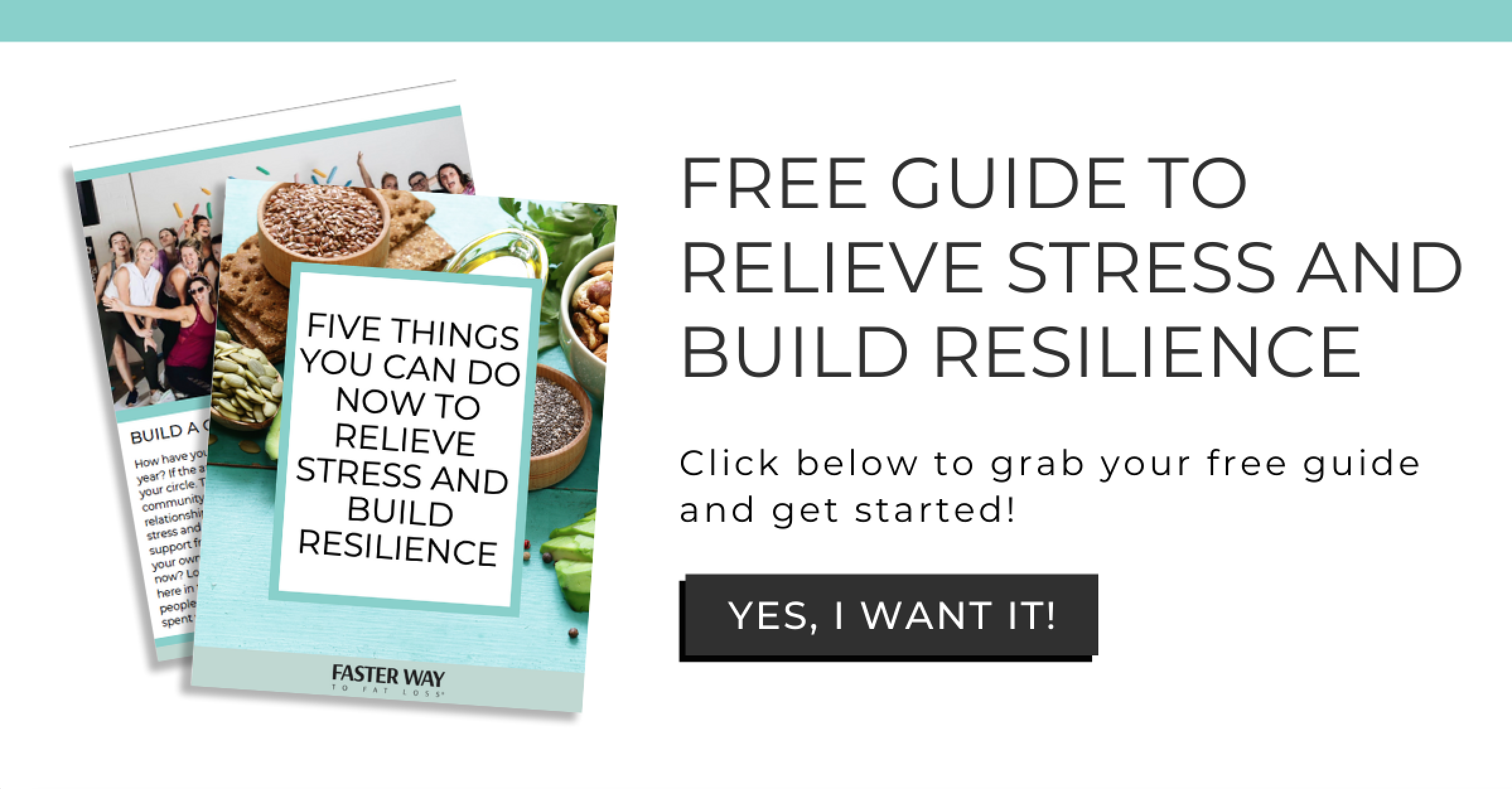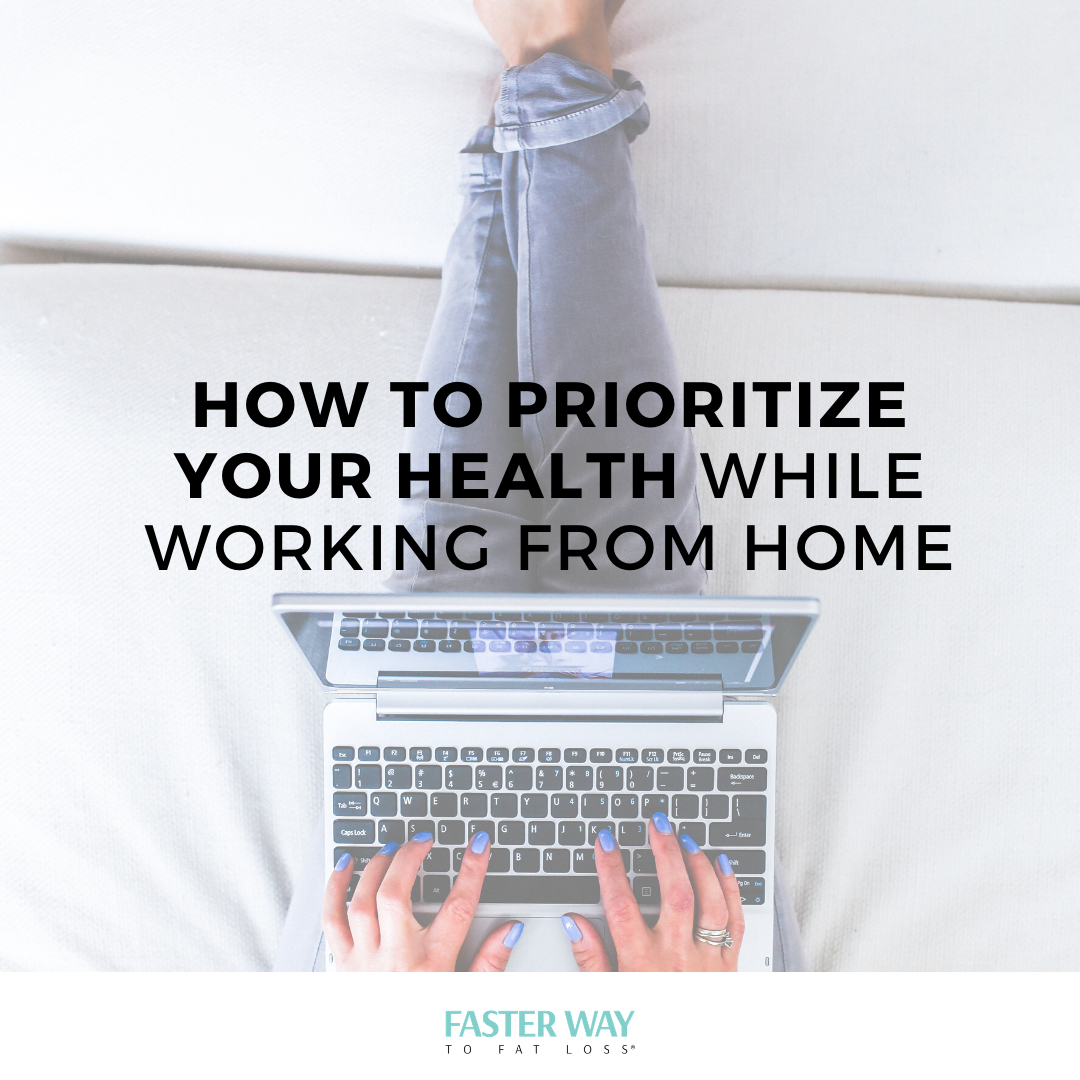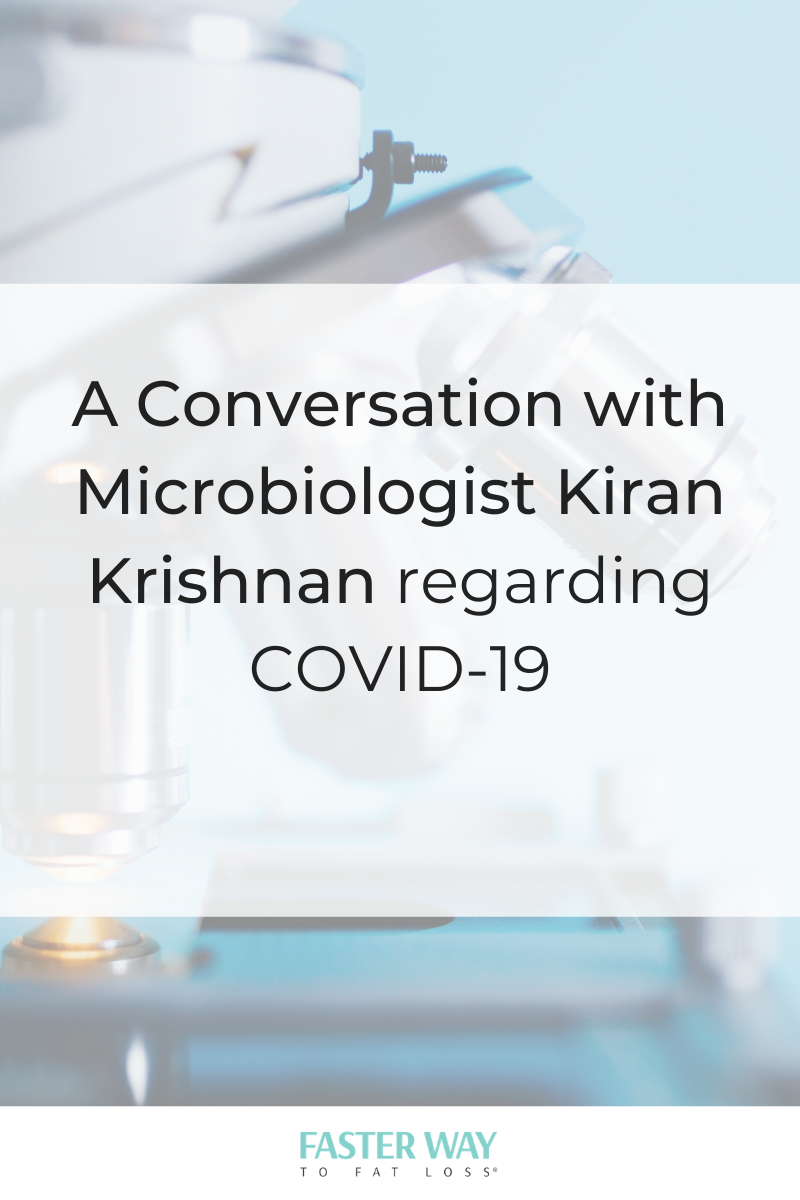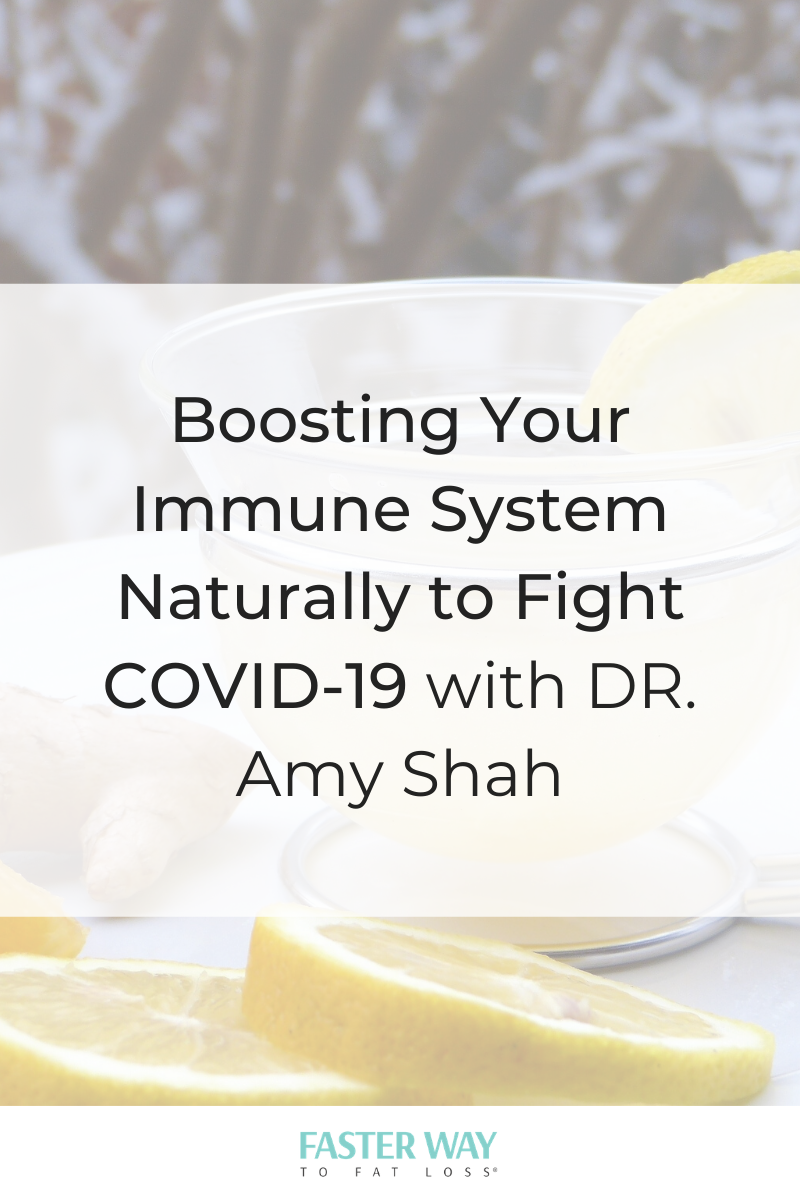If you’re frustrated with your health or fitness—or you’ve been told you just have to live with your symptoms—there is hope! When you combine functional medicine with the FASTer Way to Fat Loss, you’ll get to the root of the issue and solve it in a way that heals your body and eases your mind.
Amanda Tress, founder and CEO of the FASTer Way, and Alex De Oliveira A.R.N.P. were invited to chat with Carmen Brown of OFF-AIR with Carmen about finding better health with functional medicine and the FASTer Way.
Listen to the full episode here:
What is the FASTer Way to Fat Loss?
The FASTer Way to Fat Loss is a holistic approach to healthy living. It focuses on science-backed strategies including:
Intermittent fasting
Carb cycling
Macronutrient tracking
Whole food nutrition
Quick & effective workouts that pair with the food log
While it may sound like a lot of strategies, it’s actually a very simple lifestyle—and all clients learn under the guidance of a certified coach. Someone who is on your side, available to answer your questions, and supports you daily!
The REAL Problem
Many people, women especially, will visit a conventional doctor because they can’t lose weight even though they exercise regularly and eat well. Rather than getting the answers they need, they hear comments like:
“This is normal during/after menopause.”
“It’s normal to gain weight at your age.”
“You’re not exercising enough.”
“You need to change your habits.”
“You need to eat healthier.”
Friend, we are here to say it’s NOT your fault.
We know these doctors mean well, but countless people leave these appointments discouraged and defeated, thinking there’s nothing they can do or they just aren’t trying hard enough.
There’s a Better Way
Carmen Brown of “OFF-AIR with Carmen” was one of these women, discouraged with her health. She couldn’t lose weight and she was always tired. After meeting with Amanda Tress and making significant positive changes through the FASTer Way program, she knew something was still off. At Amanda’s urging, she scheduled an appointment with functional medicine hormone specialist Alex De Oliveira at Young Foundational Health.
After working with Alex, while maintaining the FASTer Way lifestyle, Carmen couldn’t believe the difference in her energy levels nor her weight loss. In fact, Carmen was so blown away by her test results that she asked Alex to share them on the podcast! Listen to the full episode to hear the incredible changes she saw in less than a year.
The Problem with Standard Medicine
Standard medicine doesn’t offer prevention outside a few basic tests. This is a lost opportunity to detect imbalances, precursors to disease (such as type 2 diabetes), and inflammation in the body. Issues that are preventable but have a significant impact on health (and weight) when undetected and untreated.
We can change the current narrative, and through the FASTer Way to Fat Loss and functional medicine. We are doing that one client at a time!
Listen to the full interview above to hear more about these golden nuggets of wisdom:
It’s not so much what you should take, it’s how you should live your life.
It’s never too late to start. What matters is that you start now.
Type 2 Diabetes is 100% reversible.
Elevated insulin could be due to low thyroid, menopause, or even prescription medication (seizure, depression, anxiety, etc.)
You can fix insulin resistance through exercise, whole-food nutrition, and intermittent fasting.
The gut needs to rest.
Excess weight is a symptom of what’s happening in your body.
Your bloodwork will tell you everything you need to know.
Thanks to Carmen for hosting Amanda and Alex to spread the word about the path to wellness!

